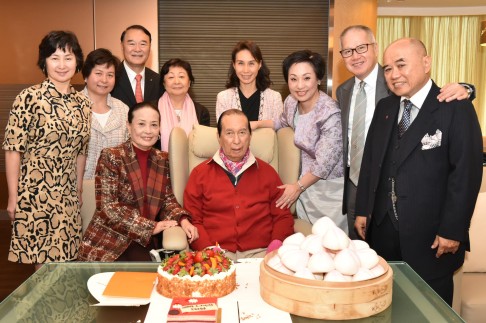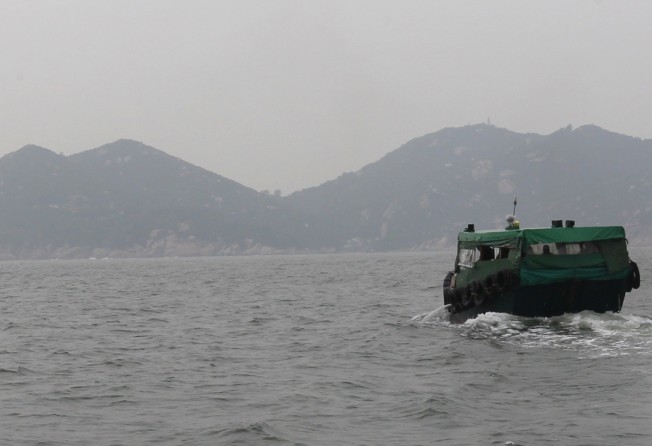
Shek Kwu Chau incinerator requires careful look

The Legislative Council finance committee is again poised to give the go-ahead for funding the Shek Kwu Chau incinerator. We hope the committee will take a careful look at this project. This so-called Integrated Waste Management Facility (IWMF) is to be built at a total capital and operating cost adjusted for inflation of HK$45 billion.
It is supposed to handle 3,000 tonnes a day of municipal solid waste (MSW) as a waste-to-energy plant. However, unlike every other major world city, the input feedstock is unseparated and unrecycled MSW. Some 50 per cent of this MSW is organic food and green waste with a minimum water content of 70 per cent. This means that 35 per cent of the 3,000 tonnes a day is water, or 1,050 tonnes of water. Since water does not burn, this means that the input fuel stock is actually 1,950 tonnes a day. Of this one-third is left as toxic top and bottom ash after combustion with atmospheric oxygen - 650 tonnes a day.
The net MSW to be dealt with at the IWMF next to Shek Kwu Chau will therefore be 1,300 tonnes a day. Comparative incinerators in other locations presume fuel feedstock that has been quality recycled and packaged. Shek Kwu Chau will need additional energy inputs like coal to burn this low energy value MSW and will have no viable energy output worth connecting, as it is located too far away from existing power generation networks to be worth the cost.
Police policy on illegal parking
Lai See has struggled over the years trying to fathom the logic of the way the police deal with illegal parking. However, a reader has kindly drawn our attention to the minutes of the
Independent Police Complaints Council in October last year where all is revealed.
A senior police officer explained that the police operate a selective transport enforcement policy (STEP), the aim of which is to maintain traffic flow and road safety, while at the same time reducing fatal and serious accidents; deterring drink and drug driving, speeding and illegal road racing; and promoting safe cycling.
There are four levels of traffic enforcement in STEP ranging from arrest to summons, fixed penalty tickets and verbal warnings. Police are also able to "exercise their discretion" when the offender is aged under 16 or over 60; the offence is of a trivial nature; the offender is remorseful and has no intention to commit the offence; and there is no aggrieved party and no harm done to any person or property. In paragraph 13, we are told that if there is no hazard or obstruction to traffic, drivers will be allowed to drive away and there will only be "enforcement" if they don't.
But in paragraph 15, we are told, "Enforcement action would be taken against any non-compliance to the road signs set up by the Transport Department." This may be the policy but a walk around Central or Causeway Bay indicates this policy is not being implemented. Meanwhile, pedestrians crossing the road against a red light or those not wearing a seat-belt in a mini bus get no such latitude.
Stanley Ho donates HK$2m
We have received a press release from the Community Chest to say that casino mogul Stanley Ho, the "renowned entrepreneur, philanthropist and vice patron of the Community Chest of Hong Kong", has marked his 93rd birthday with a ceremony at which he made a HK$2 million donation to the charity.
The press statement went on to say, "The selfless giving from Dr Ho and his family has set an outstanding example for the community." Ho's daughter Pansy Ho said, "Our father is our role model in many ways, and we will follow his footsteps to devote ourselves in various charitable deeds."
Have you got any stories that Lai See should know about? E-mail them to [email protected]